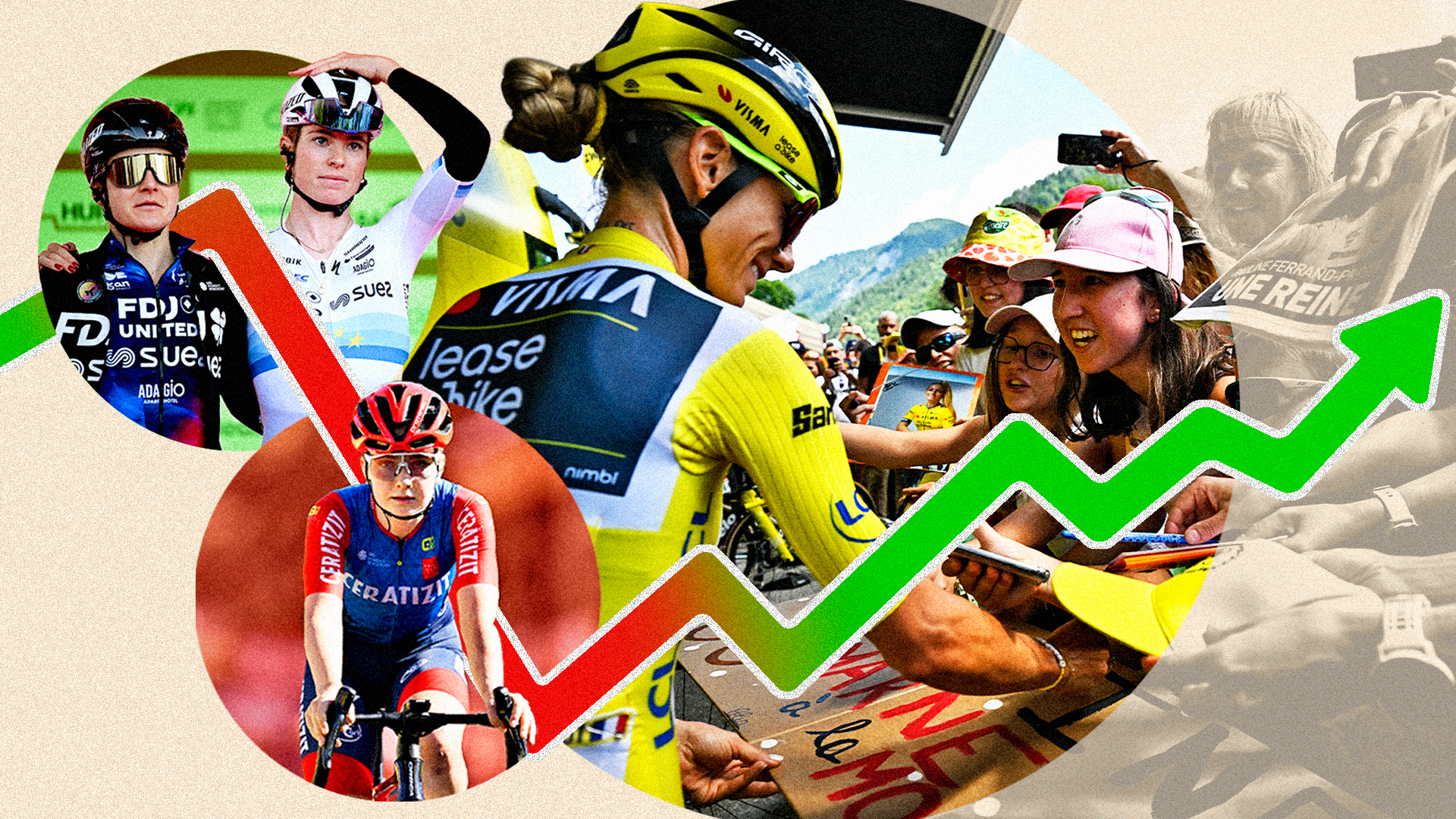Tabotta encouraged by Australia's Track World Championships performance
Performance Director believes they can increase medal tally at the Olympics
The latest race content, interviews, features, reviews and expert buying guides, direct to your inbox!
You are now subscribed
Your newsletter sign-up was successful
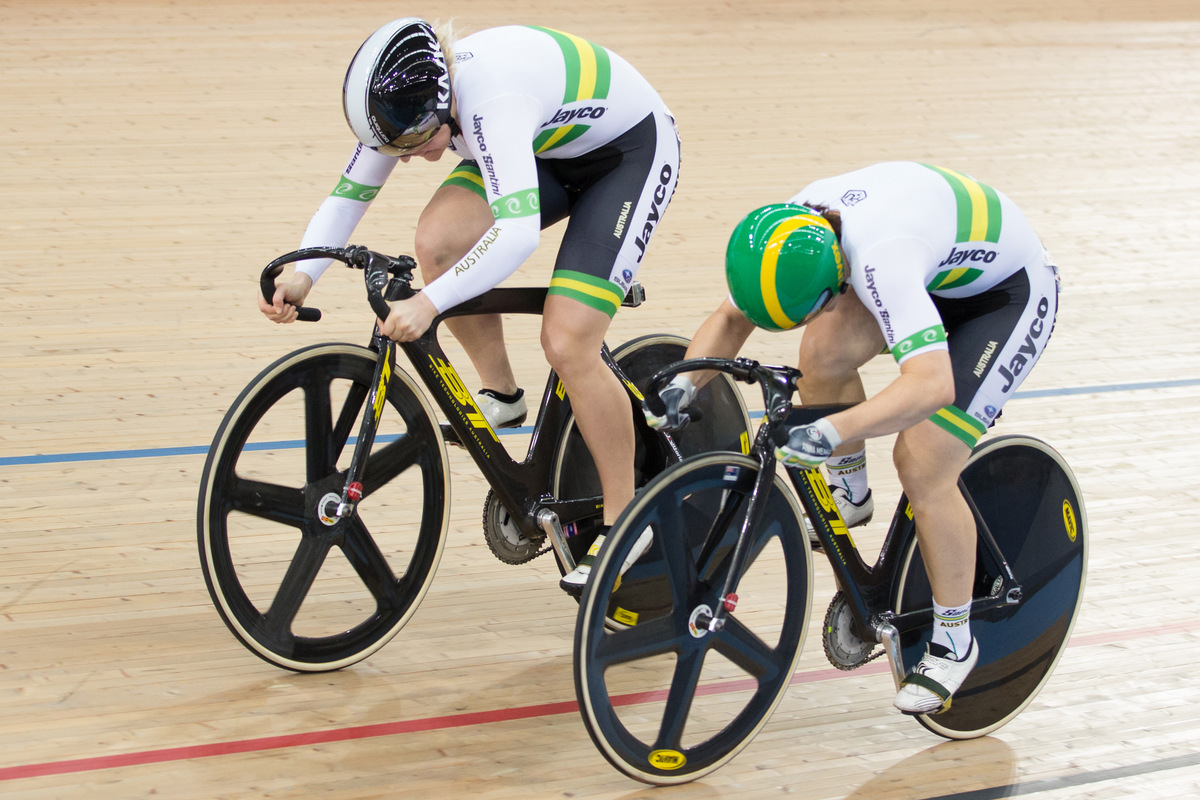
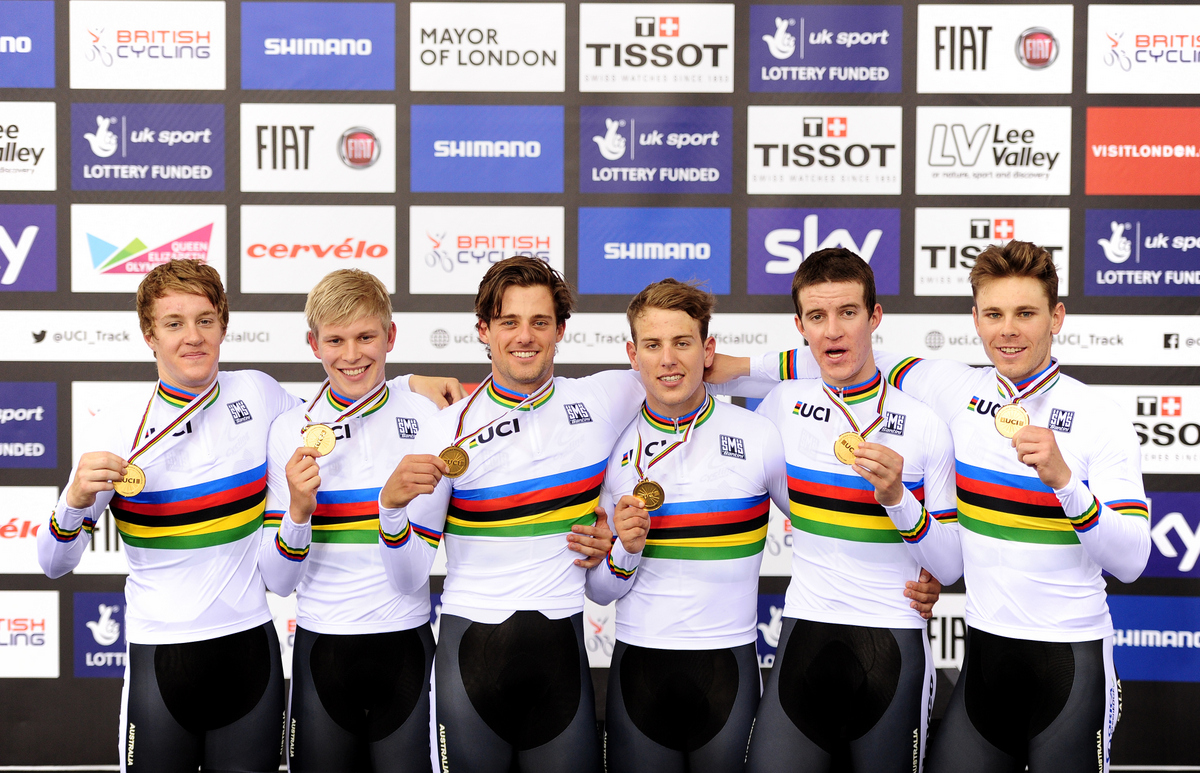
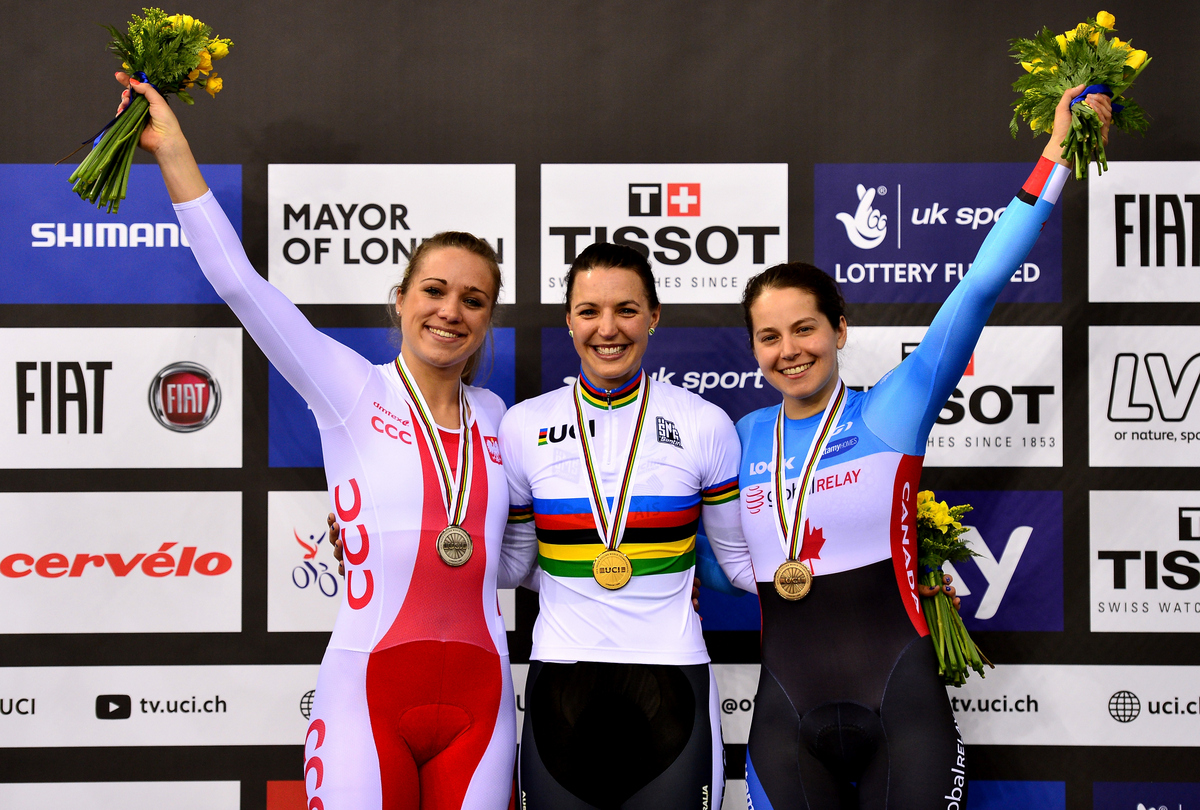
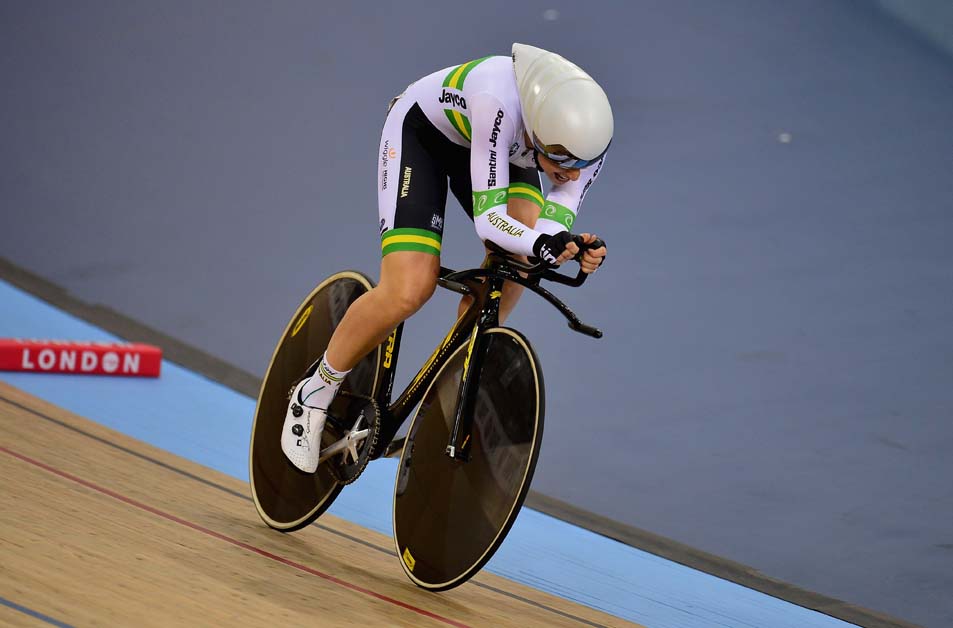
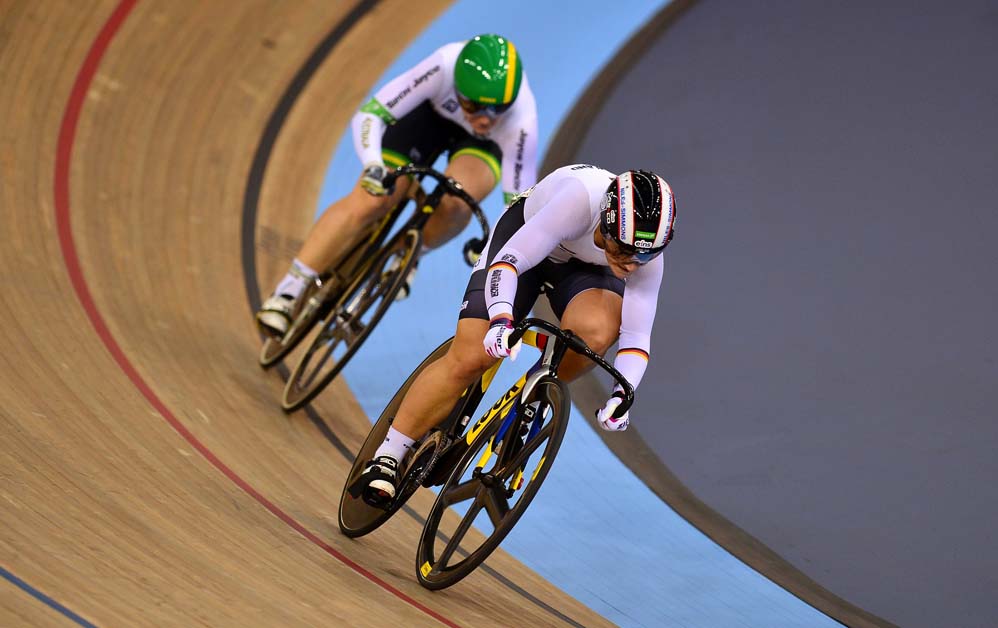
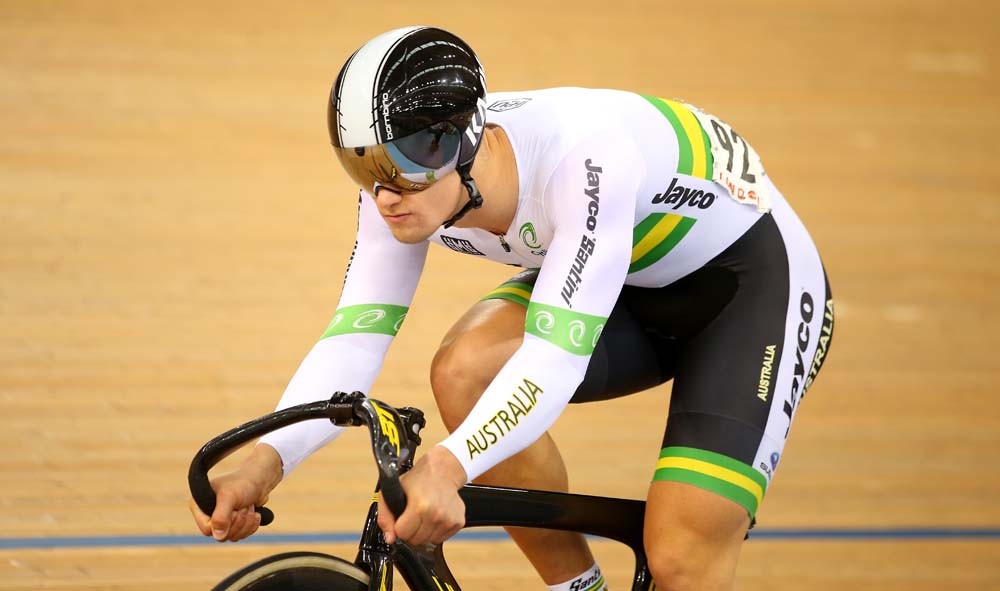
With all the bikes and equipment packed away, and the riders and staff leaving London, the post-mortem of the UCI Track World Championships can begin. For Australia, the results will make for mixed reading for the coaches and performance staff.
Meares: I've had to go backwards to go forwards again
Watch the Men’s Team Pursuit final from Track Worlds - Video
Meares misses Worlds sprint medals but eyes Olympic selection
Great Britain tops London Track World Championships medal table
Track World Championships conclude, Paris-Nice prologue - Weekend Wrap
The nation saw their number of rainbow jerseys halved from four to two, and left with five medals compared to the 11 they took in Saint-Quentin-en-Yvelines in 2015. On paper, the numbers make for disappointing reading, but they still managed to finish third in the medal standings just one place below that of last year. In addition, all but one of their medals came in Olympic events.
"I'm encouraged by the overall performance of the team. We came here to improve our performances over a number of different disciplines and the events. Sure, we would have been happier with another few medals along the way but I'm not disheartened by this at all," Australia's National Performance Director Kevin Tabotta told the press as the competition came to a close on Sunday night.
There were some mitigating factors in Australia's performance such as collision with a car that defending omnium champion and team pursuit rider Annette Edmondson suffered just weeks before the competition. There were a number of close calls too, with Anna Meares finishing second best to defending champion Kristina Vogel in the bronze-medal match up in the individual sprint. The men's team sprint squad missed out on a chance at a medal by a thousandth of a second, while the women missed out on bronze by just 12 hundredths of a second. And Georgia Baker was just one point shy of the podium in the points race.
"Given the circumstances, there is a lot of up, and I'm confident that we can convert those fourth and fifth places into medals by Rio," Tabotta said. "There's no question that there is some work that we have to do between now and race day, but it is encouraging. We're in those fourth and fifth places, we're in those hundredth and thousandths of seconds between medals and no medals. We're in a really good position, and we know our plan between now and Rio."
Young stars going places
On the men's side, Australia brought a very youthful looking squad with the sprint squad averaging just 21.75 years of age. Individual sprint silver medallist Matthew Glaetzer was their oldest and most experienced member at the tender age of 23. His silver behind Jason Kenny (Great Britain) was only his second medal at the World Championships and his first as an individual.
The latest race content, interviews, features, reviews and expert buying guides, direct to your inbox!
The team pursuit line-up was equally as young at an average of 21.5 years of age, with 24-year-old Michael Hepburn the eldest of the six-man squad. Despite their years, they put in a strong ride to but much more experienced counterparts Great Britain to take gold in the team pursuit. Tabotta is delighted with the way that his young squad has stepped up to the plate on the world stage.
"We've got guys like Matt Glaetzer, who is only 23, but I feel like he's been in our programme for a long time. He's just taken on the Olympic champion in the final and pushed him to three rounds in the final, so there's been tremendous progression for him," said Tabotta. "Those young guys that we brought into the mix [in the team pursuit] with Callum Scotson, Alex Porter, they're terrific young talents that have stepped up at 19 years of age, to ride the fastest Australia have ever ridden with a 52 – the team's finishing time in the final 3:52.727. That should give them great encouragement, knowing that they're right in the mix for the Olympic selection.
"Most of those girls were around in 2012 but Georgia Baker is the one that has really taken a recent step over the last 12 months, and she's been terrific. She's had some adversity in the last 12 months with the passing of her father. She's had to deal with that in her life as well as getting on her bike and riding it fast."
Road to Rio
With the World Championships closing the track season, the team will immediately be turning their focus to getting ready for the Olympic Games in Rio. Australia took five medals at the last Olympics in London with Meares taking their only gold medal in the individual sprint. There is no racing between now and Rio, aside from a test event that is set for April – although the velodrome is yet to be completed – which allows the team to plough their efforts into training.
"We also know that we don't have to worry about qualifying for the Olympics. We don't have to worry about peaking for events in between we don't have to worry about flying to far flung places to put in performances so athletes can really focus on really good solid periods of training so that they can be ready on the day."
Over the next few months, the management will begin to shape the team that will head to Brazil this summer. They will host a selection camp at the end of this month before making their final selection on June 27. Along with those who competed at the World Championships, Jack Bobridge and Alex Edmondson are also in contention for a spot. Tabotta says that the performances won't make or break a rider's chances, but they will play a role in who they bring to Rio.
"We have a selection criteria published on our website, and it looks at performances over a period of time rather than at just one benchmark event," Tabotta explained. "Saying that, if you deliver in the biggest event outside of the Olympic Games, that will certainly hold you in good stead. While it's not the be all and end all, anyone that puts their hand up here that is winning medals or posting really good times then they are certainly putting their hand up."
Born in Ireland to a cycling family and later moved to the Isle of Man, so there was no surprise when I got into the sport. Studied sports journalism at university before going on to do a Masters in sports broadcast. After university I spent three months interning at Eurosport, where I covered the Tour de France. In 2012 I started at Procycling Magazine, before becoming the deputy editor of Procycling Week. I then joined Cyclingnews, in December 2013.
